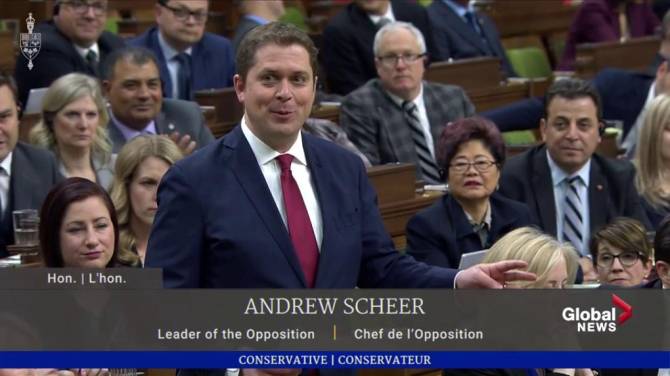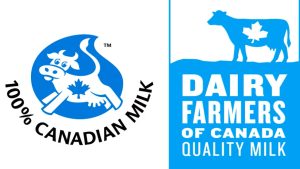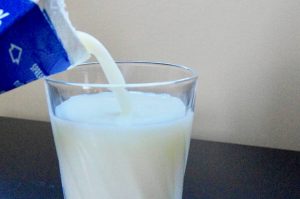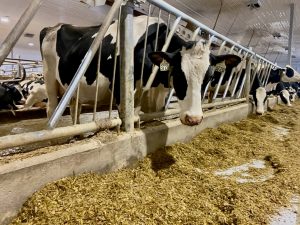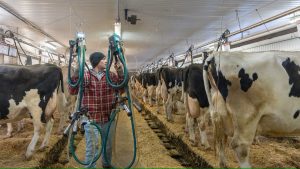
Budget 2019 promised $3.9 billion in funding to eligible dairy, poultry and egg farmers to help them cope with the economic impact of the Canada-European Union Trade Agreement and the Comprehensive and Progressive Trans-Pacific Partnership deal, both signed and implemented by the Liberals over the last three years.
Previously, the Liberals had announced $250-million to help dairy farmers upgrade and modernize their farms to adjust to the impact of CETA and the increased amount of foreign dairy products that will be allowed onto Canadian shelves as a result.
That leaves a remaining $3.65 billion to be spent on measures to support supply managed incomes and guarantee the value of quotas.
However, there are few details available in the budget and officials have no plan on when they will actually explain what the two proposed programs mean.
The first program is a pledge to make $2.15 available “to deal with income losses associated with these agreements.”
Officials would not say whether that would take the form of an income supplement or what other form it might come in.
But they did say it would likely not be similar in form to the Employment Insurance model.
The second program proposed in the budget is $1.5 billion to be given out on a demand-driven basis to “protect the value of investments made by farmers in supply-managed sectors” through what will be known as the Quota Value Guarantee Program.
That quota program would aim to “protect against reduction in quota value when the quota is sold.”
There is no timeline for when more details on those programs will be announced.
The two proposed programs also do not include compensation to reflect the impact of market share given up to foreign producers under the new NAFTA deal reached last fall.
That deal has yet to be ratified but Foreign Affairs Minister Chrystia Freeland has already said there will be compensation for dairy farmers impacted by that deal.
What compensation that could include is not yet clear.
Beata Caranci, chief economist at TD Bank, said she expects any future compensation package to address that deal will be equal to or smaller than the two programs proposed to deal with CETA and CPTPP.
She said it’s not possible to try calculating the concrete effect of the $3.9 billion on farmers without more details.
“It’s hard to judge because so much is forthcoming,” she said. “There’s detail but not the technical aspects you need to calculate impacts.”
Caranci also cautioned that without a timeline on how long the government will make the compensation available, it is difficult to gauge whether the United States could mount a challenge.
“If you’re doing it in perpetuity it could be considered a subsidy,” she said, noting such a program could be ripe for a challenge at the World Trade Organization.
Dairy compensation is shaping up to be a campaign issue for the federal parties.
Just two weeks ago Prime Minister Justin Trudeau shuffled his cabinet and named Marie-Claude Bibeau, a Quebec Liberal MP who was formerly the minister for international trade, as Minister for Agriculture.
Bibeau represents a rural Quebec riding home to a large number of dairy farmers.
Her appointment suggested the government wants a local on the ground who can speak directly to farmers impacted by the trade deals signed by the Liberals – and also take the government’s plan for compensation directly to the stakeholders.
